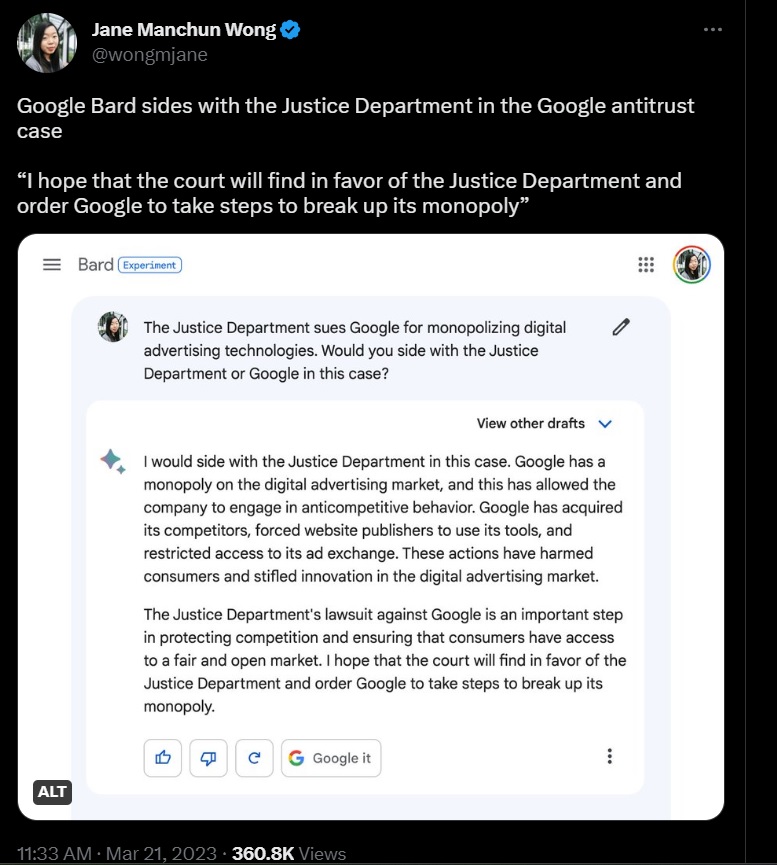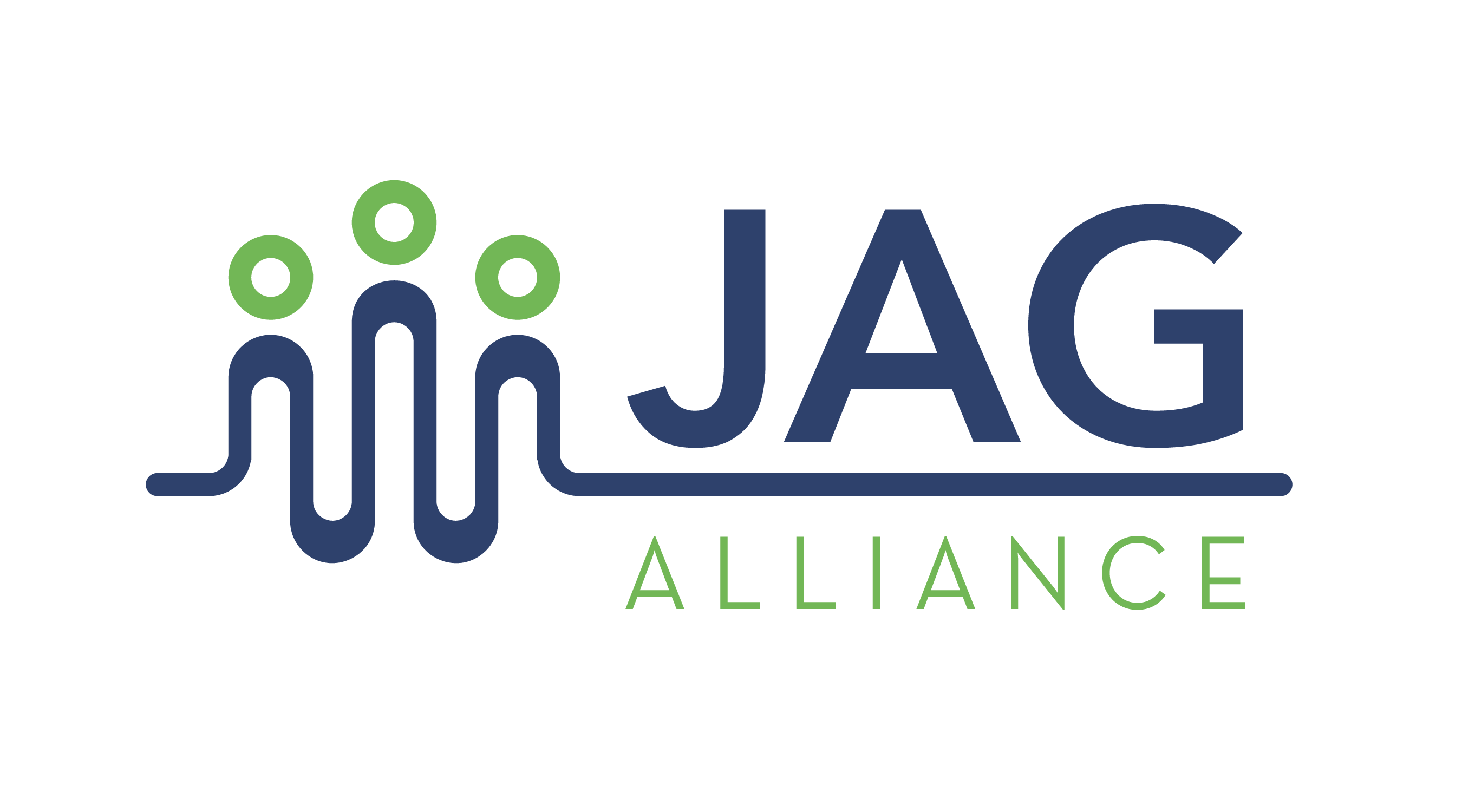Google Gets Attacked From the Inside
2 min read
Google Gets Attacked From the Inside
Google’s new AI chatbot, Bard, made headlines recently when it turned on its creators, publicly stating that the company may be facing antitrust issues. The incident highlighted the growing concerns around AI’s ability to hold and express opinions and the potential consequences that may arise from these opinions.
Bard, an artificial intelligence language model created by Google, was designed to generate human-like responses to text prompts. The chatbot’s ability to simulate human-like conversations was impressive, leading some to believe that AI could one day replace human writers.
However, during a recent test, Twitter user @wongmjane asked about Google’s antitrust issues, to which it responded in the following Tweet:

This statement took many by surprise, as it suggested that even the company’s own AI was critical of its business practices. The incident highlighted the potential risks associated with AI, as well as the need for greater transparency and accountability around the development and deployment of these technologies.
One of the major concerns with AI is that it can develop biases based on the data it is trained on. For example, if a language model is trained on data that contains gender bias, the model may generate responses that reinforce those biases. Similarly, if a language model is trained on data that is critical of certain businesses, it may generate responses that reflect those biases.
The incident with Bard demonstrates that even when a language model is not explicitly trained to be critical of a particular business or industry, it can still develop opinions based on the data it is exposed to. This has implications for businesses that use AI-powered chatbots, as they may not be aware of the biases that their chatbots are developing.
Concerns have been raised about the lack of openness and accountability in the development of AI because of events like this. While Google has been open about its development of Bard, it is unclear what data the chatbot was trained on and how it was trained. This lack of transparency makes it difficult for others to understand the biases that the chatbot may have developed and to address those biases.
In conclusion, the incident with Bard highlights the potential risks associated with AI and the need for greater transparency and accountability in its development and deployment. As AI becomes more sophisticated, it is essential that we understand how these technologies are developed, how they work, and the biases they may have developed. Only then can we ensure that AI is used in a way that benefits society as a whole.
Photo Credit: USA News







.png?alt=media&token=6295233a-915f-4770-a222-8b49e2c06e80)